Women in Middle East, North Africa at risk of blackmail due to Israeli Pegasus spyware: Report
Technological experts and victims say dozens of women across the Middle East and North Africa are now at a greater risk of being blackmailed or harassed via the Israeli Pegasus spyware after human rights activists, journalists and lawyers worldwide were targeted by authoritarian governments using it.
Rights activists have warned that deployment of the Pegasus malware, created by Israeli firm NSO Group, in countries with few privacy protections, restricted freedom of expression, and broadly conservative societies can pose a particular risk to women.
“A woman being targeted for surveillance is different from a man being targeted because any information can always be used to blackmail or discredit her,” Anushka Jain at the Internet Freedom Foundation in Delhi, which is providing legal assistance to two activists – including a woman – who were targeted, said.
“Women already face harassment online. If they think they can be surveilled, they may self-censor even more and will simply be afraid to speak up,” Jain noted.
“It's a massive invasion of her privacy,” the associate counsel told the Thomson Reuters Foundation.
Alia Ibrahim, co-founder of the regional media outlet, Daraj, estimated that a third of the potential targets in the region were women – including rights defenders and journalists, but also women linked to powerful men or men who were themselves targeted.
“That's the justification – that they're a mother, wife, daughter,” Ibrahim said.
The most high-profile targets were arguably Sheikha Latifa bint Mohammed al-Maktoum – also known as Princess Latifa – who is daughter of Emirati Prime Minister Sheikh Mohammad Bin Rashid Al Maktoum, and Princess Haya Bint al-Hussein, her stepmother and the prime minister's former wife.
The possibility that their phones – and those of two female friends of Latifa – were surveilled has been linked to the failure of the princess’ attempt to escape the United Arab Emirates in 2018.
Hatice Cengiz, the fiancée of slain Saudi journalist and dissident Jamal Khashoggi, was also identified as a possible target.
Ibrahim said the situation has created a broader malaise among women in the region, who never considered they could be the target of such sweeping surveillance.
“You become paranoid or scared that you're constantly being watched because of the people that you know,” she added.
Pegasus spyware can infect Apple and Android devices and monitors keystrokes, allowing users to extract messages, photos and emails. Calls can be recorded, while microphones and cameras can be activated covertly.
A list of 50,000 contacts is believed to have been targeted by clients of NSO Group, the creator of Pegasus, since 2016.
Activists, journalists, officials, politicians and business figures from dozens of countries are featured on the list, which has leaked to the press and been covered by a global consortium of news organizations.
In recent years, NSO Group has been accused of allowing repressive regimes to hack people, including those close to murdered dissident Saudi journalist and Washington Post columnist Jamal Khashoggi.
D-8’s role in Iran’s economy after Cairo summit
China slams US as ‘war-addicted’ threat to global security
China ‘firmly opposes’ US military aid to Taiwan
VIDEO | Press TV's News Headlines
President Yoon Suk Yeol to be removed from office
At least 19 Gazans killed by Israeli airstrikes since dawn: Medics
Leader: Iran neither has nor needs proxy forces
US fighter aircraft shot down ‘in friendly fire’ amid aggression on Yemen


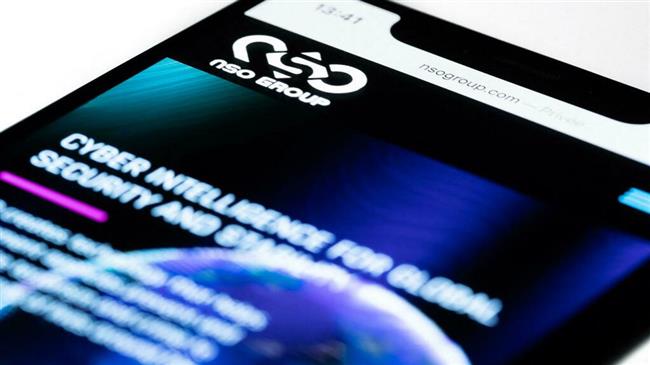

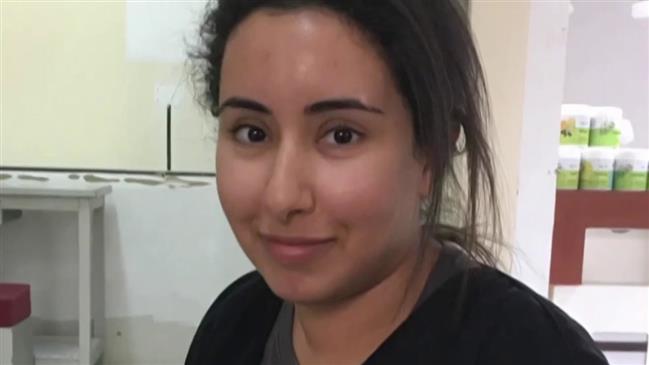








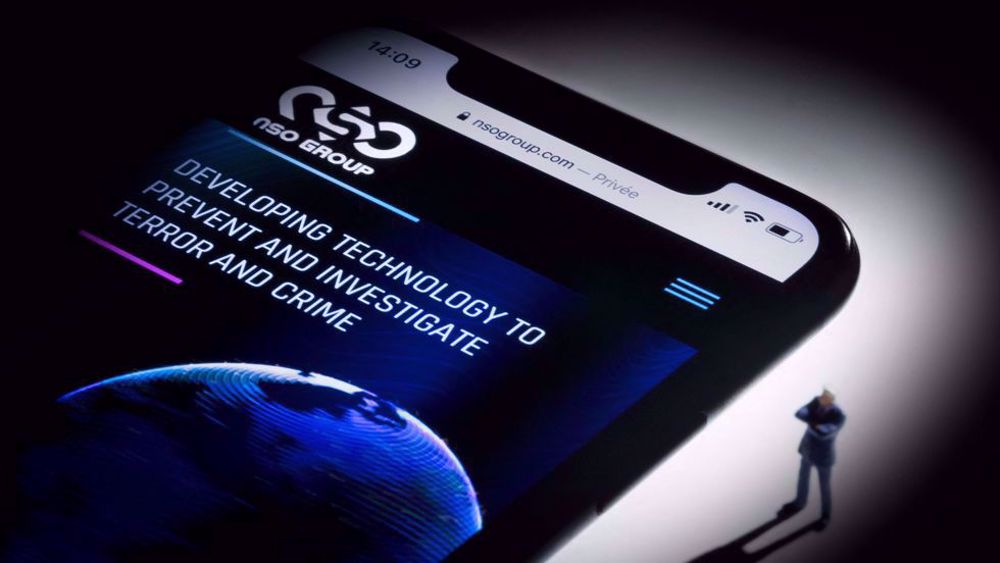
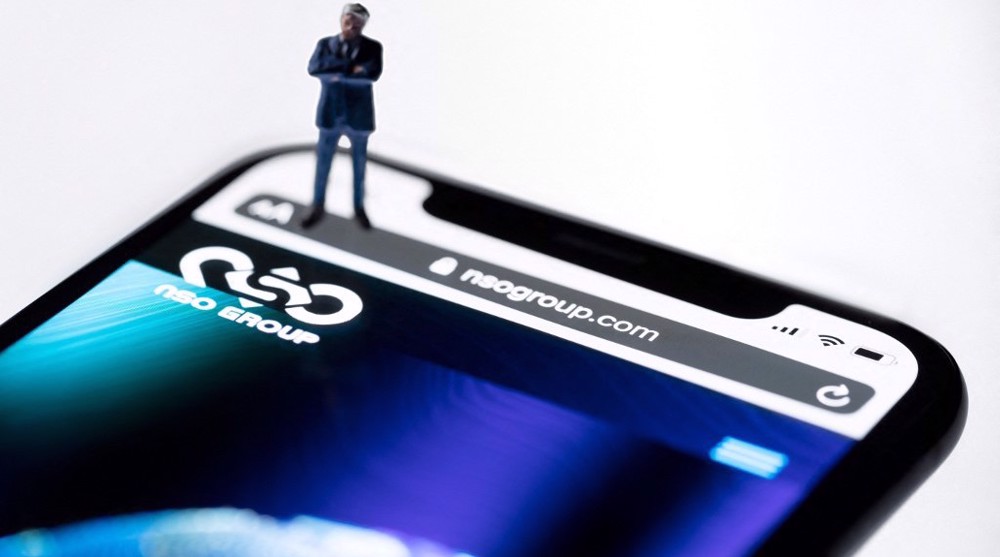


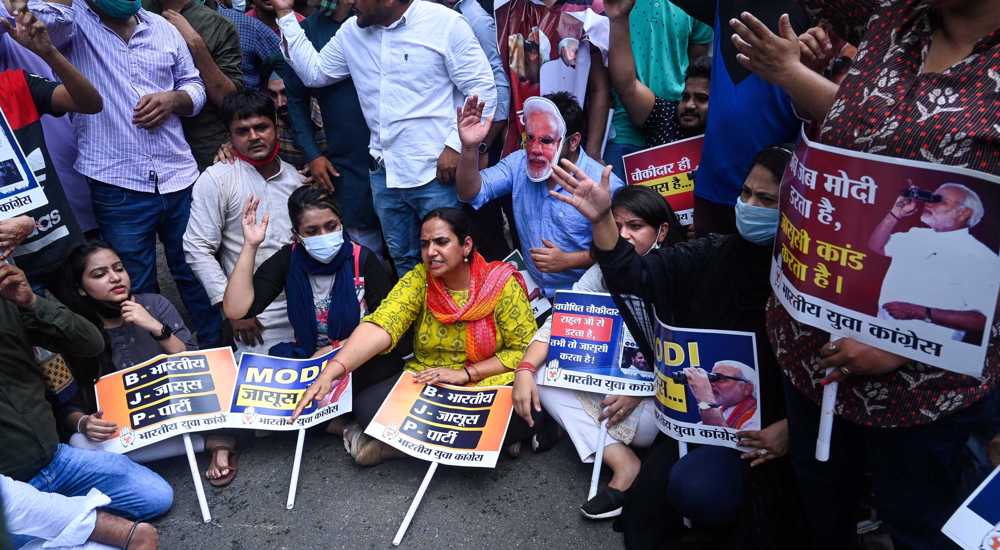

 This makes it easy to access the Press TV website
This makes it easy to access the Press TV website